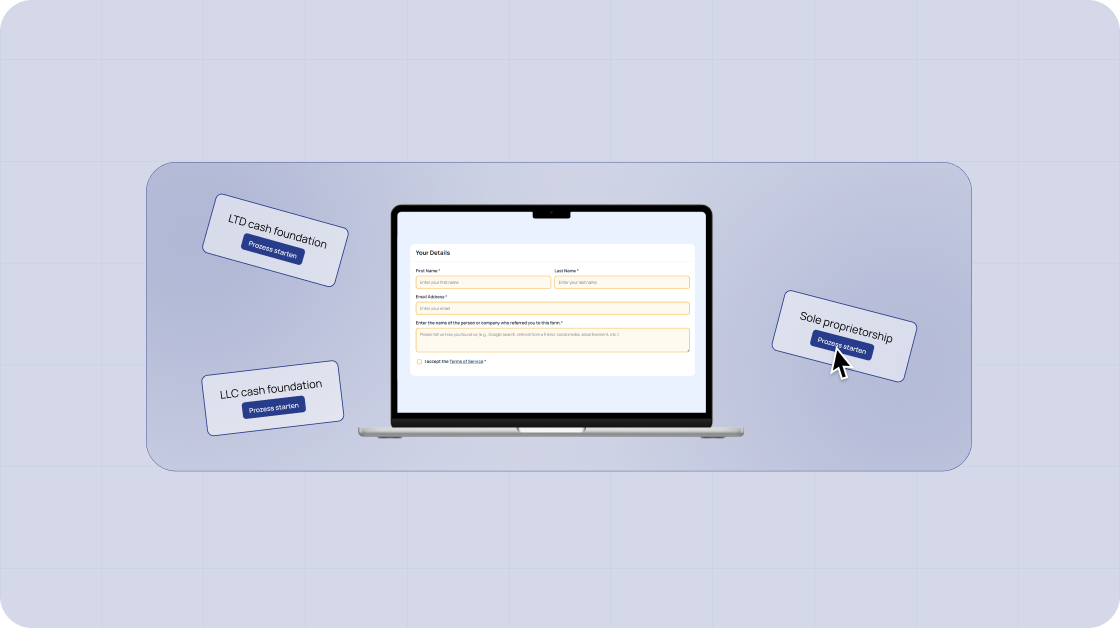The Professional Expenses Ordinance regulates the lump sum taxation of private use of business vehicles with effect from January 1, 2022.
New salary statement
For what purpose is a private share settled? In order to determine taxable profit, companies subtract business-related expenses from taxable income. If a business vehicle is also used for private purposes, the corresponding costs must be excluded because they are not justified in terms of business. The private share ensures that companies can only deduct vehicle costs that are justified for business reasons.
There are two options for billing private shares: The lump sum solution and billing of privately driven kilometers using a logbook. When the new wage statement was introduced around 15 years ago, business, politics and administration agreed at a “round table” on the flat-rate solution on a monthly rate of 0.8 percent of the vehicle price (or 9.6 percent per year). This 0.8 percent solution is included in the guidelines for completing the salary statement and is considered a legal basis for federal, cantonal and municipal tax authorities.
When the new wage statement was introduced, it was not regulated whether users of company cars were still entitled to a deduction for travel expenses if the private share was settled at a lump sum. For various reasons, the tax authorities have taken the view that in this case, a deduction for travel expenses is no longer possible and has implemented this accordingly in investment practice.
FABI
In 2014, voters adopted the proposal for “Financing and Expansion of Railway Infrastructure” — better known as FABI. The FABI proposal was accompanied by a restriction on the deduction of travel expenses for income tax. Since 2016, travel expenses of up to 3,000 francs can be deducted from direct federal tax; the restriction varies between the cantons. This limitation on travel expenses was used by the tax authorities as an opportunity to offset income from users of business vehicles for commuting to work if travel costs exceed 3,000 francs (direct federal tax) or above the cantonal limit. This income offsetting usually covers employees with a business car. Self-employed people with a company vehicle or holders of SBB general subscriptions are spared income offsetting.
The relevant FABI offsetting does not have to be certified by the employers on the salary statement, but must be stated by the taxpayers in the tax return. This results in an additional administrative burden for taxpayers and the assessment authorities.
New Professional Expenses Ordinance
With the Professional Expenses Ordinance applicable from January 1, 2022, the private share of cars is now increased to 0.9 percent per month or 10.8 percent per year (Art. 5a (2)). Based on Article 5a (1) of the new Professional Expenses Ordinance, there is no FABI offsetting or tax offsetting of commuting to work. In principle, the same rule applies as before FABI, except that the private share is now increased by 1.2 percent per year.
It should be borne in mind that the Professional Expenses Ordinance only applies to the area of direct federal tax, but not to cantonal taxes. Although many cantons have spoken out against the new regulation from January 2022 in the consultation process, it is to be hoped that the cantons will join the federal solution. Otherwise, filling out the wage statements will be tedious because, in addition to the federal solution, cantonal specialities must also be taken into account.
Implications for taxpayers
The new regulation applies to employees with a business car. The provisions of the Professional Expenses Ordinance do not apply to self-employed workers.
When filling out the tax return, there is no need to declare travel expenses and FABI offsetting, which represents an administrative simplification. In return, the private share of cars is increased by 1.2 percent annually. For taxpayers who today experience little or no FABI offsetting for taxable income, the increase in their private share means an additional burden. For taxpayers who balance the higher private interest and the FABI offsetting, the result is neutral. Taxpayers with a long journey to work will generally benefit from the new regulation. Taxpayers still have the option of billing privately driven kilometers using a logbook.
If the private share car represents another wage component, the gross wage and thus social security contributions increase.
Implications for employers
Filling out the salary statement is made easy because field work days no longer have to be declared.
As a result of the higher private share, a higher value added tax must be paid. When the private share is settled as an additional salary component, social security contributions rise. The tax effects depend on whether the private share for private use of vehicles is charged to the employees concerned or treated as an additional wage component.
Implications for tax administrations
The burden on tax administrations is reduced because FABI offsets are omitted and therefore no longer need to be audited.
conclusion
The new regulation entails a certain administrative simplification, which is desirable. However, this only applies to employers if the cantons subscribe to the federal solution. On the other hand, the new regulation will increase the tax burden.
Disclaimer: The content of this blog post is for informational purposes only and does not constitute professional advice. Each individual case should be reviewed individually and we recommend that you seek professional advice for specific questions.








